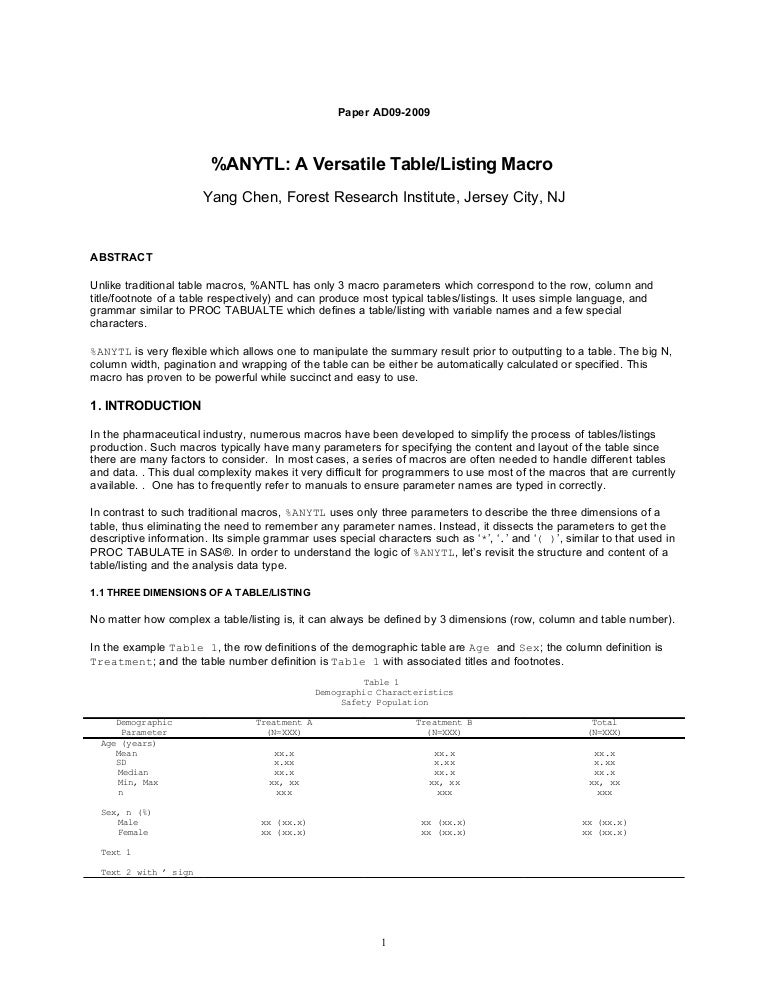

In fact, if anything, it would seem as if you drew considerable inspiration from the West Coast. You grew up in Washington DC, an area long renowned and much influenced by the Dischord Records aesthetic, and yet your music doesnât fit very easily into that slot, either. I think the relationships we make through DIY music are much closer and more meaningful than they would be if we were operating through some kind of mainstream media outlet. But also, we've always really identified with DIY punk culture and ethics, and though I'd love for as many people as possible to hear and appreciate our music, it's never been a goal to attain some sort of mass appeal. It's our choice to write songs like that, so that's a part of it.

Do you see this as a result of conscious choices on your part? Or maybe because you donât fit into an easily defined niche or genre? David: I mean, I think our music is weird enough that it's not easily digestible in a commercial kind of way. You guys have been around for a while - over 10 years, I believe - and while youâve always had a passionately devoted base of fans who seem willing to go anywhere or do anything to see you play, youâve mostly managed to stay below the radar in commercial and mainstream media terms. I'd say we fit in snugly with all the other pop punk bands of 2002. But you asked us for a song with a chorus so that's what you got for The Thing That Ate Larry Livermore!īepstein: We play fast songs with high pitch vocals. So you'll see that a lot in our song writing, or rhythm changes that catch you off guard a little bit, stuff that's a little outside of the traditional world of pop songwriting. I'll usually say, "weird catchy punk." I'm always really impressed when a band can write a great song without using a traditional song structure or without even having any kind of repetitive hook. If pop punk is an easy descriptor that's fine, we'll use it, but I'll usually attach "weird" in front of it, because we are kind of a weird band. We love a catchy melody, and we love pop music, especially pop music from the 60's so that's all in there for us. When we were teenagers listening to the Queers or Minor Threat, Propagandhi or the Clash, Rancid or Fugazi, there wasn't really a delineation. Maybe not so many resounding choruses, a bit more of a willingness to go charging off in unpredictable rhythmic or melodic directions? Can you give us an idea where you see yourselves fitting - if at all - on the pop punk continuum? David: When we first started the band, I didn't even know there was such a thing as pop punk. The Max Levine Ensemble routinely describes itself as "pop punk," but there seems to be a certain ineffable something that sets you apart from what you might call industry standard pop punk.


#Adline anydo full#
If you go to enough shows, you may get to meet him, but if you want to know the full Max Levine story, youâre going to have to ask the band yourself, because weâve got too much other important stuff to cover in this interview. In case youâre wondering, yes, there is a Max Levine, and no, heâs not in the band. The Max Levine Ensemble are: Nick Popovici, Bepstein, and David "Spoonboy" Combs (who also performs as a solo artist). You get the feeling that they take their music very seriously, but themselves, not so much. I normally expect Washington DC bands to be weighed down by a certain gravity of purpose, what I call the Dischord and/or Fugazi effect, but while TMLE display the intensity and passion of other legendary DC groups, itâs leavened by humor and high spirits. Since then Iâve seen them at least a dozen times, in venues ranging from grotty squats and basements to the big stage at Baltimoreâs annual Insubordination Fest, and theyâve never ceased to inspire me. I should know by now what a mistake it can be to let oneself be swayed by initial impressions, and boy, did I feel foolish when I met them and discovered that not a single member of TMLE had ever attended law school! Iâm probably not the first person who figured, based on nothing more than their name, that The Max Levine Ensemble were some artsy, pretentious, jazz-tinged project put together by angst-ridden 20-somethings in those crucial gap years between graduating college and applying for law school. This week LL Coolmore sits down with The Max Levine Ensemble to discuss pop-punk, politics and why Boy George hates them.
#Adline anydo series#
By Richard Verducci Adeline Interviews 10 years agoĪs the release of The Thing that Ate Larry Livermore (and thus our imminent disctruction) looms ever closer we continue our series of Livermore conducted interviews with bands featured on the compilation.


 0 kommentar(er)
0 kommentar(er)
